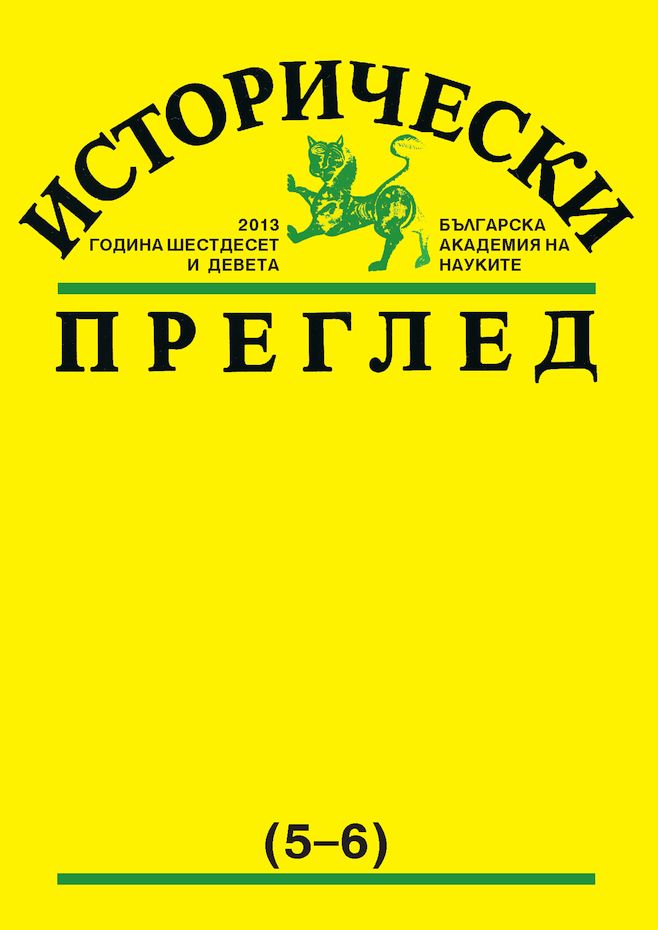България между „съветизацията“ и опитите за „американизация“ след Втората световна война
Bulgaria between “Sovietization” and “Americanization” after World War II
Author(s): Vitka ToshkovaSubject(s): Cultural history, Political history, Social history, WW II and following years (1940 - 1949), Post-War period (1950 - 1989), History of Communism, Cold-War History, Conference Report
Published by: Институт за исторически изследвания - Българска академия на науките
Keywords: Bulgaria; Cold War; Sovietization; Americanization;
Summary/Abstract: The article traces part of the discussions in Western studies about the meaning of the terms “Americanization” and “Sovietization”. The accents are placed on the impact of the promoted “American values” in Eastern Europe, especially in the USSR. More details are revealed about the mechanisms of influence used by the US Missions in Bulgaria after 1945 such as providing free access to the library of the political representation of the United States; donation of books and movies to various departments of the Sofia University, community centers and even Fatherland Front organizations. By overcoming the crisis in diplomatic relations of February 1950, despite ideological restrictions educational exchanges with the exchange of students, graduate students, and lecturers were restored after 1959. Pro-Western propaganda was also carried out through the activity of Radio “Voice of America”, Radio“Free Europe”, and BBC. The grueling confrontation between East and West gradually provoked ideas for “detente” that removed barriers between the two poles, but also raised requirements for adjustments in the behavior of the superpowers.
Journal: Исторически преглед
- Issue Year: 2013
- Issue No: 5-6
- Page Range: 45-58
- Page Count: 14
- Language: Bulgarian
- Content File-PDF

